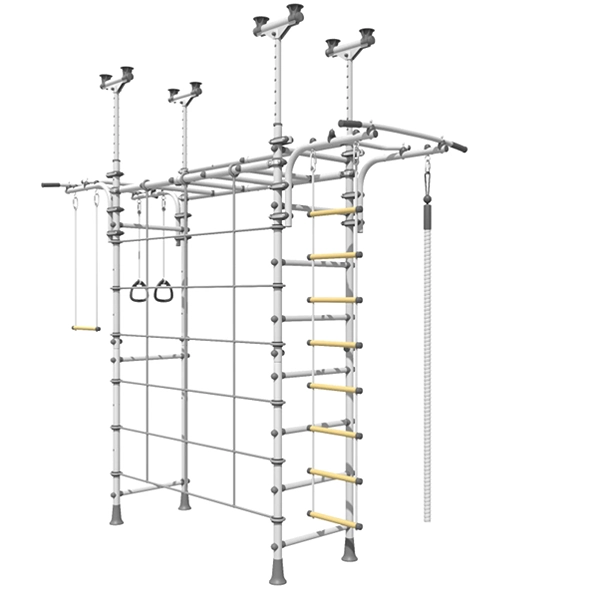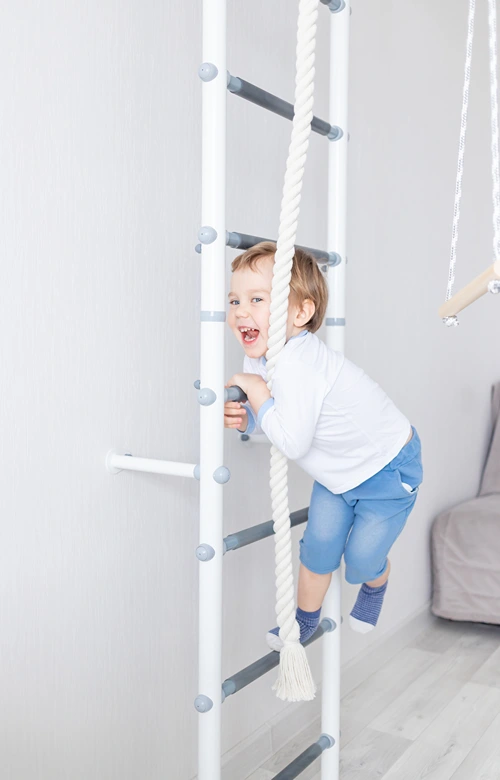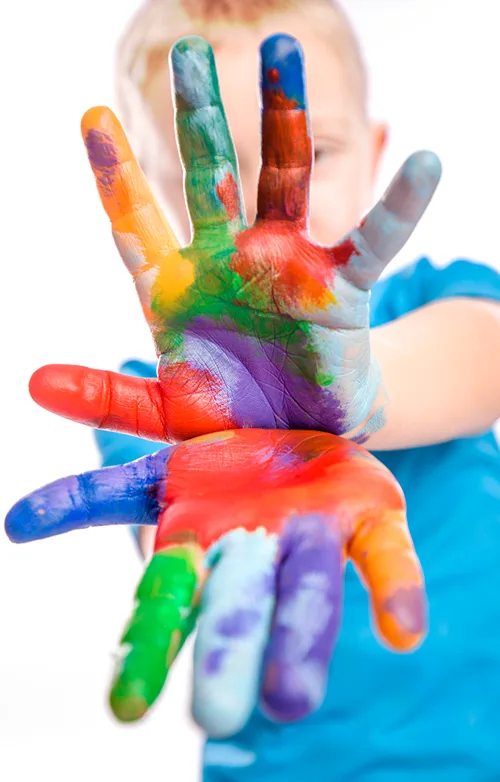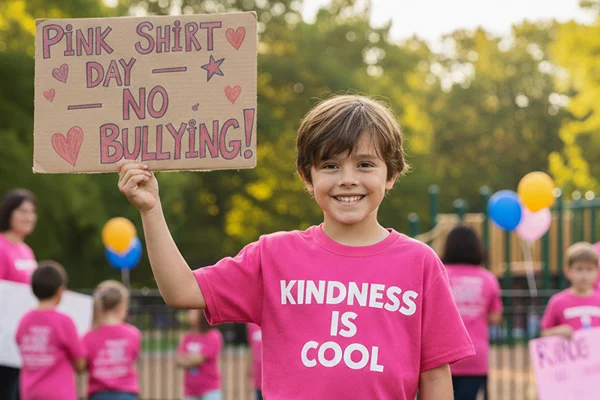In today’s hyperconnected world, teenagers spend an average of 7-9 hours per day on screens, not including time spent on schoolwork. While digital devices offer incredible opportunities for learning, creativity, and connection, they also present challenges that many young people struggle to navigate.
Teaching digital responsibility isn’t about imposing strict rules or creating fear around technology—it’s about empowering teens to make informed decisions about their online behavior through awareness, reflection, and data-driven insights.
One of the most effective ways to help teenagers develop healthy digital habits is by encouraging them to track and analyze their own screen time and online activities. When teens can visualize their digital patterns through data, they gain a clearer understanding of how they’re spending their time and can make more intentional choices about their technology use. This approach transforms abstract concerns about “too much screen time” into concrete, personalized information that resonates with young people.
Digital Footprints and Online Behavior
Every click, search, post, and interaction teens make online contributes to their digital footprint—the trail of data they leave behind as they navigate the internet. While many young people understand this concept theoretically, few truly grasp the permanence and scope of their online presence. Teaching digital responsibility means helping teens recognize that their online actions have real-world consequences, from college admissions and future employment opportunities to their mental health and personal relationships.
Digital footprints come in two forms: active and passive. Active digital footprints include intentional actions like posting on social media, commenting on videos, or sharing photos. Passive footprints are created automatically through browsing history, cookies, location data, and app usage patterns. Teens often focus solely on managing their active footprints—what they choose to post—while remaining largely unaware of the extensive passive data they generate simply by using digital devices.
Responsible online behavior encompasses more than just avoiding inappropriate posts or protecting passwords. It includes understanding privacy settings, recognizing misinformation, practicing digital empathy, managing one’s online reputation, and developing healthy boundaries with technology. These skills don’t develop overnight; they require ongoing practice, reflection, and guidance from parents, educators, and mentors.
The Challenge of Healthy Screen Time
The debate around screen time often oversimplifies a complex issue. Not all screen time is created equal—an hour spent video chatting with a grandparent differs significantly from an hour of mindless scrolling through social media. Research suggests that the quality and context of digital engagement matter far more than raw minutes spent on devices.
However, excessive or poorly managed screen time does correlate with concerning outcomes. Studies link heavy social media use to increased rates of anxiety, depression, and sleep disturbances among teenagers. The constant notifications, comparison culture, and fear of missing out (FOMO) can create a cycle of compulsive checking that interferes with focus, relationships, and overall well-being.
The challenge for parents and educators is helping teens find balance without resorting to overly restrictive measures that may backfire. Teens are more likely to develop healthy habits when they’re involved in the process of setting boundaries and when they understand the “why” behind recommendations. This is where data analysis becomes a powerful tool for self-awareness and behavior change.
Excel to Track Screen Time
Introducing spreadsheet skills through personal data tracking serves a dual purpose: it teaches valuable technical skills while promoting digital self-awareness. Microsoft Excel and similar spreadsheet programs offer an accessible, hands-on way for teens to collect, organize, and analyze information about their own digital habits.
The process begins with data collection. Most smartphones and devices now include built-in screen time monitoring tools that provide detailed breakdowns of daily usage, app-by-app time, number of pickups, and notifications received. Teens can manually record this information in a spreadsheet, creating columns for date, total screen time, time spent on specific apps or categories (social media, games, educational, communication), number of pickups, and any relevant notes about how they felt that day or what activities they might have missed due to screen use.
After entering data consistently over several weeks, patterns begin to emerge. A simple line chart can show trends in total daily screen time, revealing whether usage spikes on certain days of the week or during particular times of year. Bar graphs can compare time spent across different app categories, helping teens visualize where their digital attention actually goes versus where they think it goes—often with surprising results.
More advanced analysis might include calculating averages, identifying correlations between screen time and other factors like sleep quality or mood, or creating conditional formatting rules that highlight days when usage exceeded personal goals. These analytical Excel exercises transform raw numbers into meaningful insights that can inform behavior change. When a teen sees a graph showing that their screen time doubles on days when they report feeling anxious, or that they consistently pick up their phone 150+ times on school days, the abstract concept of “too much phone use” becomes concrete and personally relevant.
Safe Data Practices
An often-overlooked aspect of digital responsibility is data privacy and security—understanding not just what data teens are creating, but who has access to it and how it might be used. When teens track their own screen time in a personal spreadsheet, they should learn to store this information securely, understanding that usage patterns can be sensitive personal information.
This presents an excellent opportunity to discuss broader privacy principles: the importance of strong passwords, the risks of cloud storage versus local storage, why they should be cautious about sharing personal data with third-party apps, and how to recognize legitimate versus suspicious requests for information. Teens should understand that while built-in screen time tools are generally safe, they should be skeptical of free apps that promise to track their habits but may be harvesting data for advertising or other purposes.
From Awareness to Action
Data analysis alone doesn’t create behavior change, but it does provide the foundation for informed goal-setting. Once teens have tracked their habits for a few weeks and identified patterns, they can work with parents or mentors to establish personalized boundaries that address their specific challenges.
These boundaries might include app-specific time limits, device-free zones or times (like bedrooms after 9 PM or during family meals), notification management strategies, or designated “focus time” blocks when phones are placed out of reach. The key is that these boundaries should be developed collaboratively based on the teen’s own data and insights, not imposed arbitrarily from above.
Regular check-ins allow for adjustment and reflection. Teens can continue tracking their habits and creating updated visualizations that show progress toward goals. This ongoing process teaches persistence, self-regulation, and the scientific method—forming hypotheses about what changes might help, testing those interventions, and analyzing the results.
Critical Thinking
Digital responsibility extends beyond personal screen time management to encompass how teens interact with others online. The same analytical mindset that helps them understand their own habits can be applied to evaluating online content and considering their digital impact on others.
Encourage teens to think critically about what they consume and share. Who created this content and why? What might be the source’s bias or motivation? How might sharing this post affect others? Before commenting or posting, they might consider: Is it true? Is it kind? Is it necessary? This reflective pause, similar to reviewing data before drawing conclusions, can prevent impulsive online behavior that contributes to cyberbullying, misinformation spread, or damaged relationships.
Digital empathy means remembering that real people exist behind every screen name and profile picture. The anonymity and distance of online interaction can make it easy to forget this basic truth. Teaching teens to extend the same courtesy, respect, and thoughtfulness online that they would in face-to-face interactions is fundamental to responsible digital citizenship.
The Role of Parents and Educators
Adults play a crucial supporting role in helping teens develop digital responsibility, but this role looks different than it might have in previous generations. Rather than simply imposing rules or attempting to monitor every online move—strategies that often breed resentment and circumvention—effective guides model healthy tech habits themselves and create ongoing conversations around digital life.
Parents can engage with the screen time tracking process by doing it alongside their teens, comparing notes, and discussing challenges and strategies together. This approach removes judgment and creates a collaborative problem-solving dynamic. Educators can incorporate digital citizenship lessons across subjects, using real-world examples and student-generated data to make abstract concepts concrete.
Both parents and teachers should stay educated about the platforms, apps, and online spaces where teens spend time. This doesn’t require adults to become experts on every new social media trend, but rather to maintain genuine curiosity about young people’s digital worlds and the opportunities and challenges these spaces present.
Conclusion
Teaching digital responsibility through data analysis represents a shift from control-based approaches to empowerment-based strategies. Instead of telling teens that their screen time is problematic, we give them tools to discover and understand their own patterns. Instead of creating fear around digital footprints, we help them consciously craft the online presence they want to project. Instead of setting arbitrary limits, we support them in developing self-regulation skills that will serve them throughout life.










